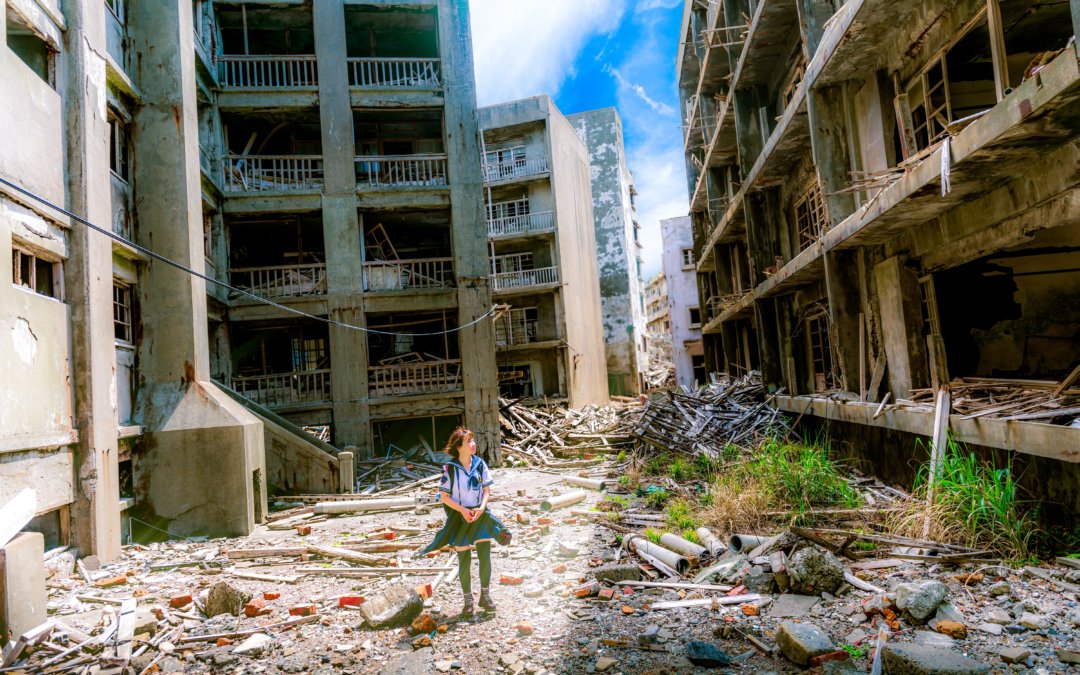Mental disorders are on the rise in the world on the whole, but according to World Health Organization (WHO) estimates, about one person in five living in a conflict situation is affected by some form of mental disorder. The afflicting disorders can range from mild depression to psychosis. Worse yet, nearly one in ten is living with a moderate or severe mental disorder, which is substantially higher than the global estimate for the general population. In this case, a conflict situation typically refers to war and natural disaster but can include other large-scale emergencies as well. The United Nations estimates that nearly 132 million people in 42 countries will need humanitarian assistance from conflict or disaster in this year alone.
The data on whether traumatic experiences in conflict situations cause psychiatric social dysfunction is inconclusive, though some of those affected do develop post-traumatic stress disorder, anxiety, and depression.
Fortunately, there is a lot that the World Health Organization is doing to address this global mental health problem. Aside from being some of the first responders during a crisis, they have helped to coordinate support and care with local providers. One of the ways to help people affected by both conflict and mental health conditions is to implement adequate psychosocial support. One of the projects of the WHO is an adaptation of their “mhGAP” program, which trains general health workers to recognize and provide first-line support for common mental disorders so that they can provide health in humanitarian emergencies.
Despite the atrocities of war, emergencies can serve as a catalyst for establishing quality mental health services. The growing recognition of the need for support has encouraged and facilitated programs in more health facilities, community and women’s centers, and schools. In the case of Lebanon, the government recognized a rapid increase in needs for mental health services and strengthened their services to benefit the arriving refugees as well as the local population. Great progress has been made in terms of mental health services following emergencies, but understandably, this is not a sustainable model.
While countries should be investing in mental health, arguably as much as physical health, it is particularly important in conflict-affected areas where the rate of mental health conditions is more than double that of the general population. This is necessary not just in helping people cope with extreme adversity, but also for the recovery of the nation.
